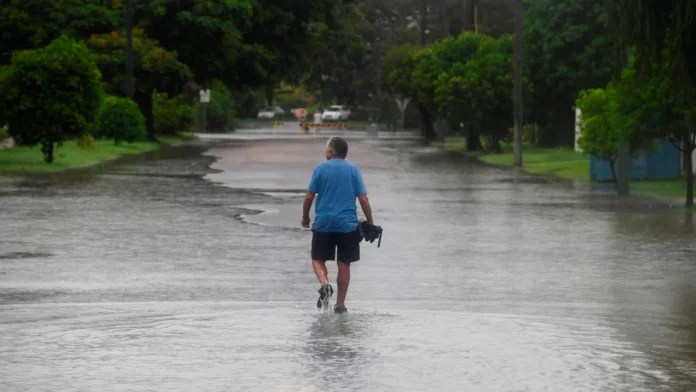A total of 31 people has died this year from a rare tropical disease known as melioidosis, following heavy rains and flooding in northern Australia.
According to the Queensland Health Department, the disease has infected 221 people so far in 2025. In the past week alone, four new cases were reported — one in Townsville and three in Cairns.
Melioidosis is caused by bacteria found in soil and groundwater, especially in tropical areas like northern Australia and Southeast Asia. During periods of heavy rainfall, the bacteria can rise into the air, increasing the chances of infection through inhalation or skin contact.
The region experienced record-breaking rainfall and severe floods in February, which experts say likely triggered the outbreak.
Townsville’s Director of Public Health, Dr. Steven Donohue, said the spread of the disease appears to be slowing down as the weather has improved.
“So far as we can see, the outbreak that we’ve had this year is probably over,” he told Australian media.
Melioidosis is not commonly known but can be deadly, especially in people with weak immune systems. It can cause symptoms ranging from fever and chest pain to dangerous infections in the lungs and blood.
Australian authorities have warned residents in affected areas to take precautions, such as avoiding contact with muddy water, wearing protective footwear, and seeking medical attention if they show signs of illness.
The outbreak has raised concern about the increasing health risks linked to climate change and extreme weather, which can help rare diseases spread more easily.

